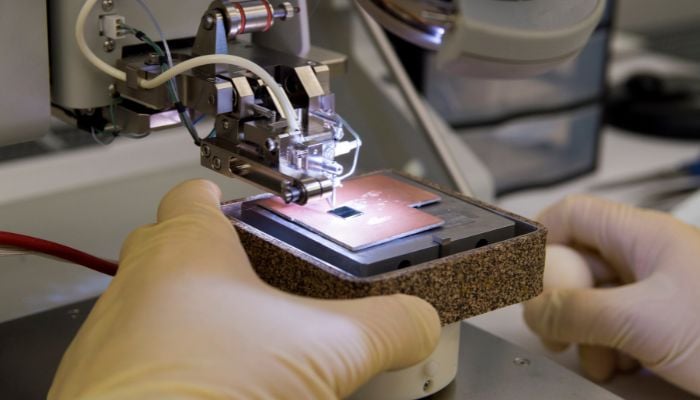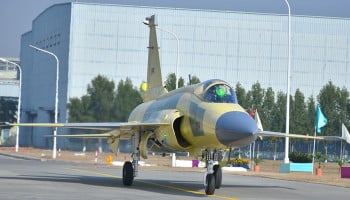
China’s leading chipmakers are seeking to set up assembly and testing facilities in Malaysia, as they face US sanctions that limit their access to advanced equipment and materials, sources familiar with the matter said.
The US government has imposed export restrictions on Chinese firms such as Semiconductor Manufacturing International Corp (SMIC) and Huawei Technologies Co Ltd, citing national security concerns. These curbs have hampered their ability to produce and source chips that power smartphones, computers, and other devices.
Malaysia as a potential hub
Malaysia, a major global semiconductor hub, offers a favourable environment for Chinese chip firms to establish assembly and testing operations, the sources said. The country has a skilled workforce, a well-developed supply chain, and a friendly relationship with China.
One of the sources said SMIC, China’s largest chipmaker, was in talks with Malaysian authorities to set up a facility in the country, which would be its first overseas assembly and testing plant. SMIC did not respond to a request for comment.
Huawei, which has been cut off from its main chip suppliers due to the US sanctions, was also exploring the possibility of setting up a chip assembly and testing facility in Malaysia. Huawei declined to comment.
Implications and challenges
The move by Chinese chip firms to expand their presence in Malaysia could boost the country’s semiconductor industry, which accounts for about 7% of its gross domestic product, according to the Malaysian Investment Development Authority.
The Chinese firms would still face challenges in obtaining the necessary equipment and materials for their assembly and testing operations, as some of them are subject to US export controls.
Competition
They would also have to compete with established players such as Intel Corp, Samsung Electronics Co Ltd, and Taiwan Semiconductor Manufacturing Co Ltd, which have operations in Malaysia.
The sources said the Chinese firms were also looking at other countries in Southeast Asia, such as Vietnam and Thailand, as potential locations for their chip assembly and testing facilities. However, they said Malaysia was the most preferred option due to its proximity to China and its existing semiconductor ecosystem.
















